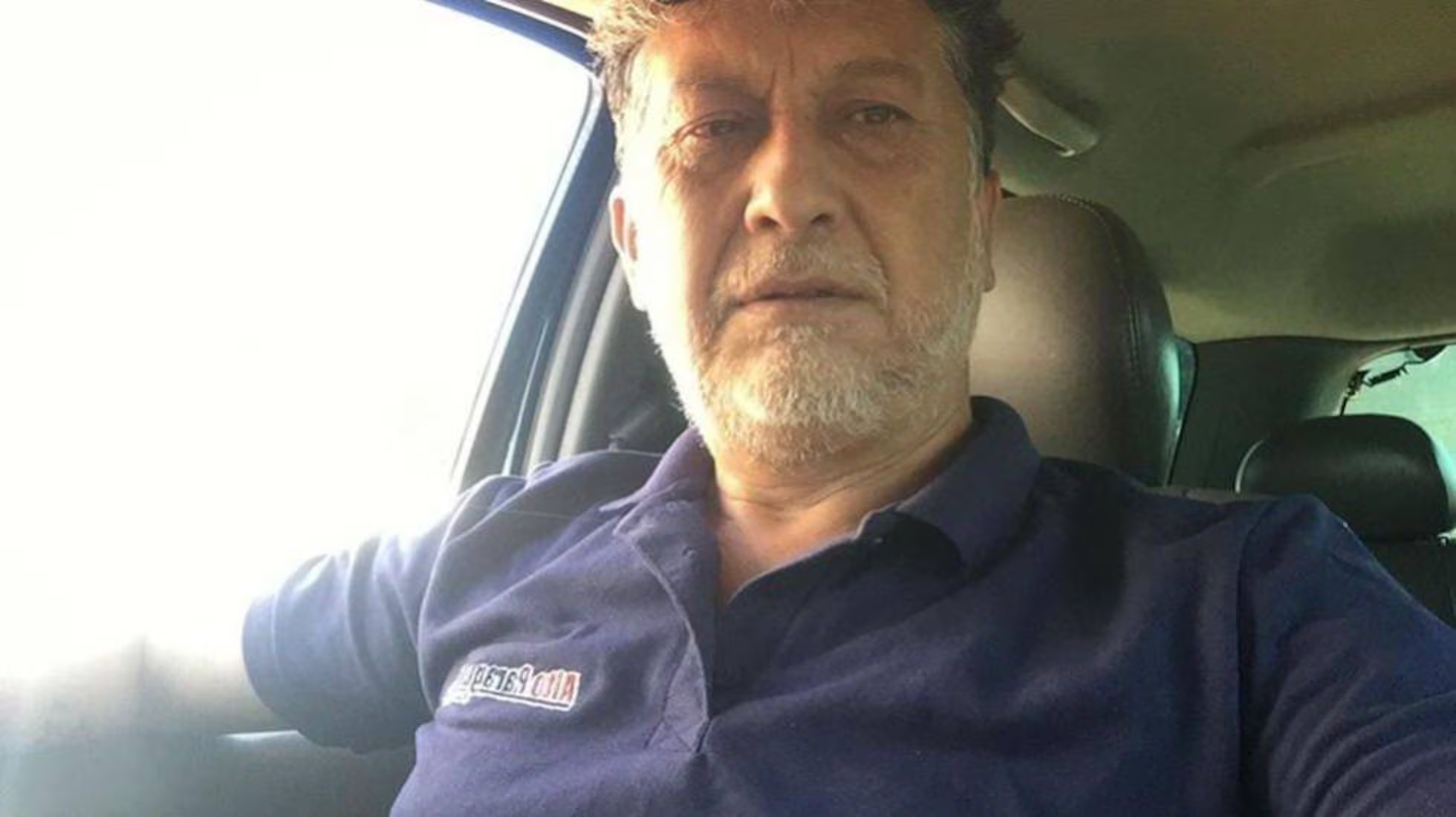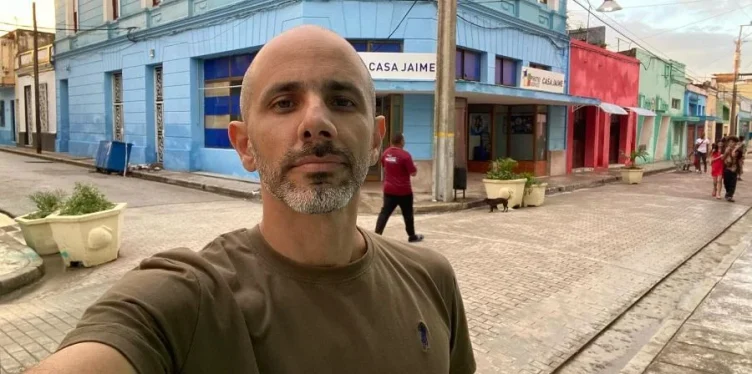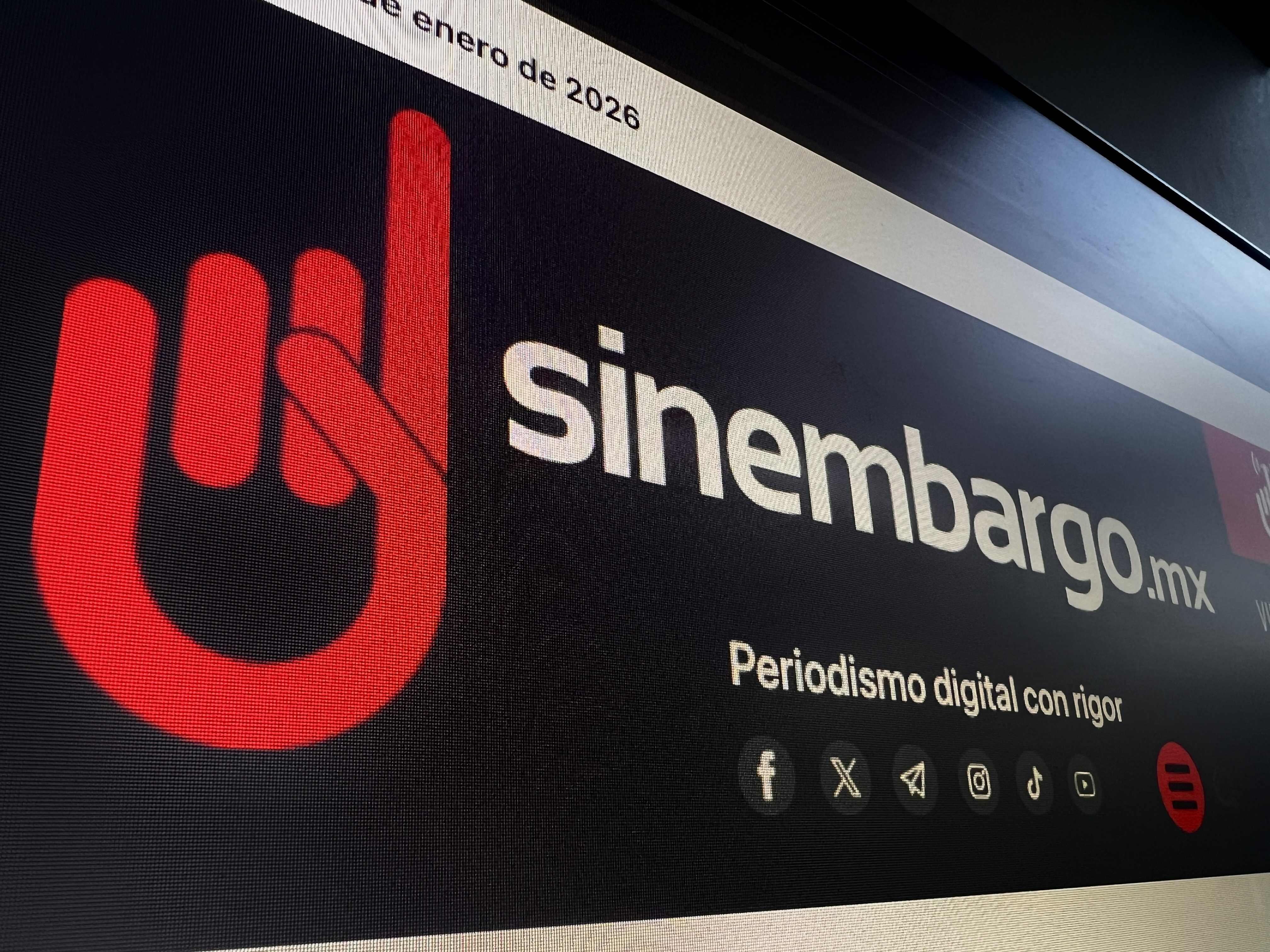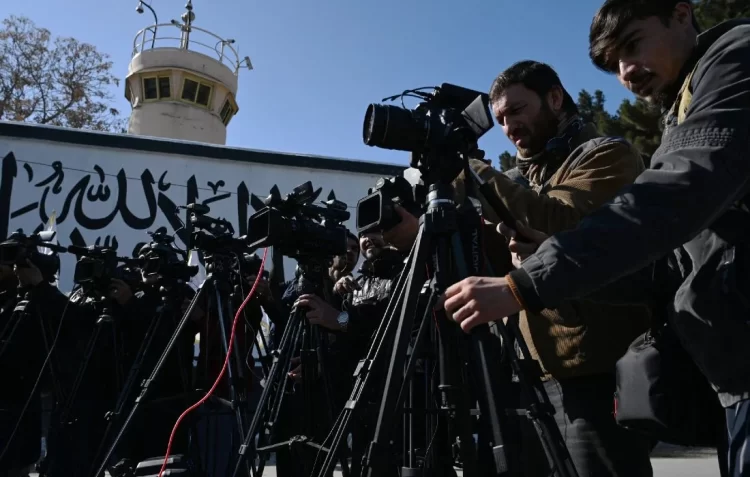
Taliban Detains Seven Journalists in Ongoing Crackdown on Media
July 28, 2025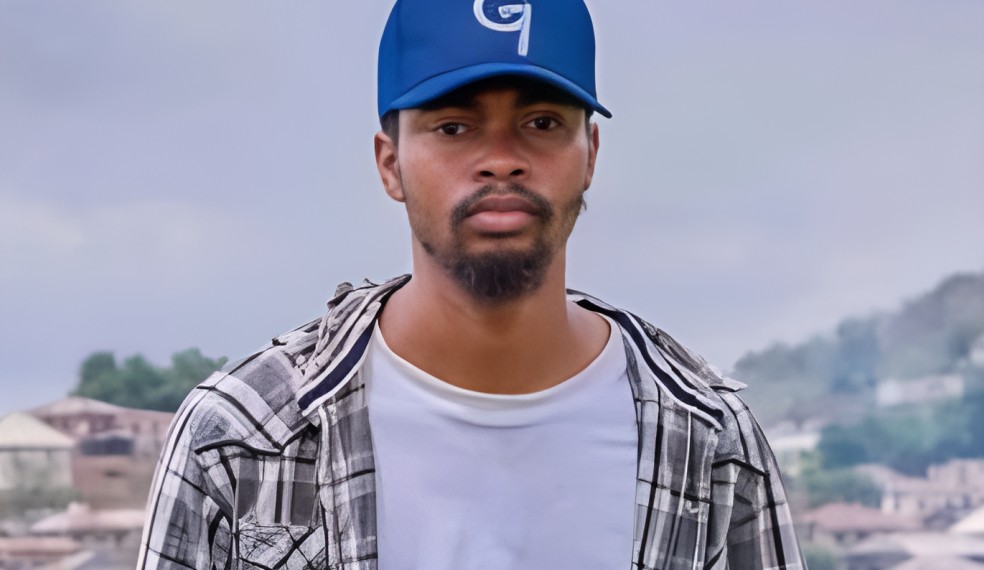
Body of Nigerian Photojournalist Ayobami Aiyepeku Found After Colleague Allegedly Commits Murder
July 28, 2025July 28, 2025 – Paraguay/Brazil –
The widow of revered Brazilian journalist Léo Veras, who was murdered during a home invasion in Pedro Juan Caballero, Paraguay, has publicly accused a Paraguayan congressman of attempting to bribe her in exchange for halting calls for justice. Veras, a 52-year‑old investigative reporter for Porã News, was shot inside his home on February 12, 2020. He had documented corruption, organized crime, and cross-border drug trafficking in a lawless region straddling the Brazil–Paraguay border, a job that earned him repeated death threats before his assassination.
According to the LatAm Journalism Review report, Veras’s widow claims that the congressman offered her a cash payment in return for withdrawing demands for deeper investigation into the murder. She refused the offer and made the information public, arguing that it pointed to ongoing attempts to obstruct accountability and shield those with power from scrutiny. The accusation has intensified public attention on the broader challenges facing journalists covering corruption in dangerous border zones, where political elites often wield influence to evade responsibility.
Veras was one among several journalists in the region who have been killed for exposing criminal networks. His death sparked outcry among press rights organizations such as Reporters Without Borders (RSF), which called for thorough investigations into the murder and wider protection for media workers covering organized crime. The latest bribery claim, while unverified by authorities, highlights persistent failures in ensuring justice and safeguarding reporters in conflict-prone settings.
Press advocates argue that such bribery attempts against victims’ families deepen a climate of impunity and discourage others from speaking truth to power. They note that demands for an investigation into Veras’s death have been met with official delay and a lack of transparency. The story underscores how political interference and alleged corruption can extend even beyond the initial crime, threatening journalistic accountability long after a reporter is gone.
Veras’s widow’s refusal to accept hush payments has drawn solidarity from civil society groups, reinforcing calls for legislative reform and stronger oversight mechanisms in Paraguay. Her stance is seen as an act of courage and a plea for systemic change, one that honours Veras’s legacy and challenges the entrenched powers that seek to silence investigators through fear and financial coercion.
References –

